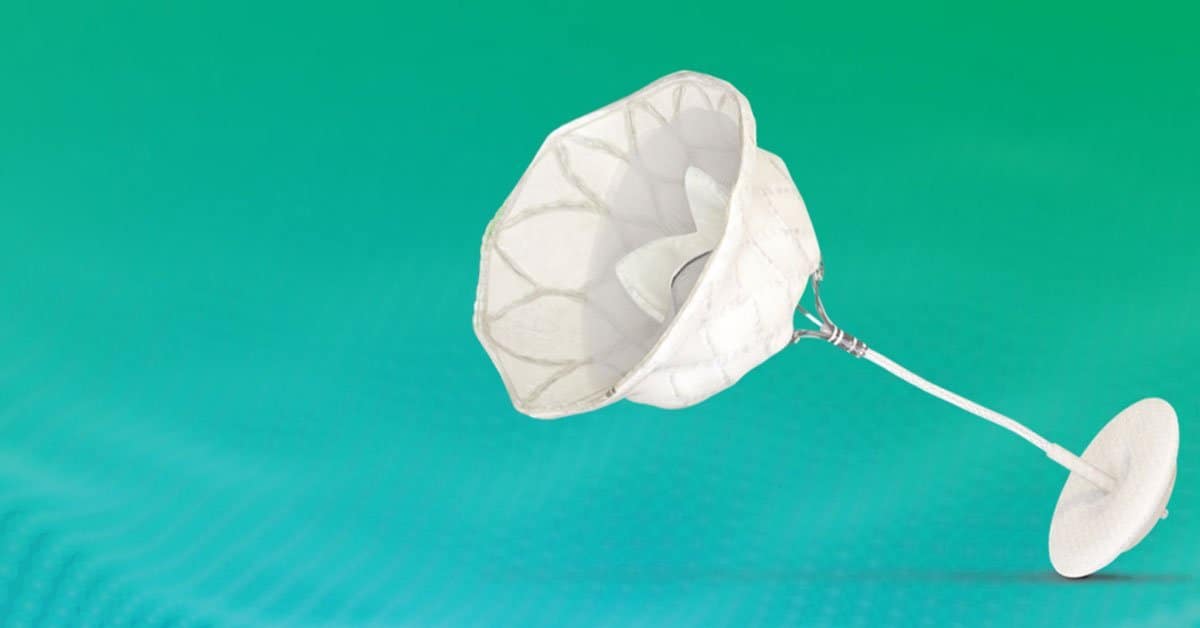Physiological pacing has witnessed tremendous growth in the last ten years, and new funding may provide the evidence physicians need to make it the heart failure standard of care.
PCORI awarded $31M to Baylor University researchers to compare the standard Biventricular pacing (BiV) with the emerging conduction system pacing (CSP) – two cardiac resynchronization therapies that restore healthy heartbeat patterns in both HF and reduced ejection fraction patients.
BiV improves heart failure in 60-70% of patients by pacing simultaneously from two discrete sites: the right ventricular apex and the left lateral wall. In contrast, CSP relies on one lead implanted at either the His bundle or left bundle branch to directly stimulate the heart’s native conduction network. It is considered more physiologic, and it closely reproduces what happens naturally.
Observational and small-scale RCTs have shown that CSP produces equal or even better QRS duration and LV function improvements and possibly greater hemodynamic benefits. But CSP still needs to pass a large-scale RCT test before widespread adoption can happen.
Enter: PCORI-funded Baylor researchers. Here is what we know about how they plan to investigate the long-term mortality benefits and safety of CSP compared to BiV:
- Fifty-five centers will randomly assign more than 2k eligible patients to receive either CSP or BiV pacing.
- Follow-up will be five years.
- The endpoints will be death and heart failure hospitalization.
The Takeaway
This multi-center trial will answer an important clinical question on pacing and heart failure, and may very well impact clinical practice in EP and HF.





